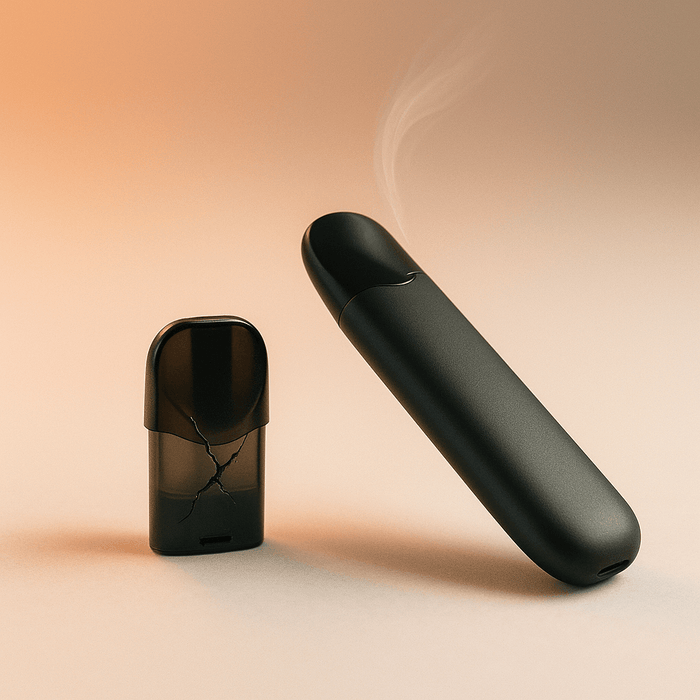The question of whether HHC is stronger than THC is multifaceted, as it depends on how we define "strength" in the context of cannabinoids. If we're talking about psychoactive effects, HHC does produce a psychoactive response, similar to Delta 9 THC, but it's generally considered milder.
Consumer reports suggest that while HHC induces a psychoactive experience, it's often described as a "head high," or a sense of euphoria without the intense physical sensations that are typically associated with THC. The onset of HHC's effects also tends to be delayed compared to THC, contributing to its overall milder psychoactive profile.
When considering potency, the relative strength of HHC and THC can also be viewed in terms of their bioavailability. Bioavailability refers to the proportion of a substance that enters the bloodstream when introduced into the body and is able to have an active effect. HHC, similar to THC-O, is noted for its high bioavailability, which means that it's efficiently absorbed and utilized by the body. This contributes to the manifestation of its psychoactive effects.
However, like most cannabinoids, the effects of HHC are highly individual and can be influenced by a person's unique biological factors, such as metabolism, body mass index (BMI), and individual endocannabinoid system. As such, some people may find HHC to be more potent, or "stronger," than THC, while others may have the opposite experience.
It's also important to note that as of now, HHC products are relatively new in the market, and comprehensive scientific research is still needed to conclusively determine their effects and potency in comparison to THC. So far, anecdotal evidence suggests HHC provides a less intense but still noticeable psychoactive experience, making it a compelling option for those seeking a milder alternative to THC.
View more
















